Investing in overseas commercial property offers a wide range of opportunities for capital growth, asset diversification and stable income. With globalisation and the expansion of international markets, the format of properties in countries like Portugal continues to attract the attention of investors from around the world. Understanding the key advantages of such investments helps to minimise risk and ensure long-term benefits.
Advantages of investing in commercial property abroad
Investing in overseas commercial property offers unique opportunities to build a stable and diversified portfolio of assets. The main advantages of such investments include long-term income, capital protection and favourable tax conditions.
Income stability and high growth potential
The benefits of investing in overseas commercial property are evident due to high yields, stability and growth potential. Investments provide reliable income streams through long-term leases and regular payments. The average yield in countries with developed property markets is 6-8% per annum. Depending on the region and type of property, the percentage can be even higher.
Long-term contracts with large and stable tenants help to ensure a high level of profitability. In countries with highly developed markets, the parties to a transaction usually sign contracts for 5-10 years, which reduces risks and guarantees regular income.
Diversification of investment portfolio
Investing in foreign commercial property helps to diversify assets, which reduces risks and protects against instability in local markets. Given that economic cycles and political situations can vary significantly from country to country, investing in international markets serves as a good defence against financial crises at home.
Diversification can also include the purchase of different types of property such as office buildings, warehouses, retail space and hotel complexes. This enables the investor to spread risk and generate income from different sources, reducing dependence on a particular sector or geographical region.
Capital protection
One of the key advantages of investing in foreign commercial property is capital protection. In conditions of instability in the home markets, investments in objects abroad allow to secure funds from inflation, currency fluctuations and political risks. For example, EU countries have stable legislation that protects investors’ rights to foreign assets, ensuring a high degree of security. In addition, international investment protection agreements and insurance mechanisms provide further protection.
Advantages of investing in commercial property in Portugal
 Portugal stands out from other European countries due to the favourable conditions for commercial property investors. There is a unique combination of factors that make the country’s market one of the most attractive in Europe.
Portugal stands out from other European countries due to the favourable conditions for commercial property investors. There is a unique combination of factors that make the country’s market one of the most attractive in Europe.
Economic stability and GDP growth
Portugal has an economy that has shown stable growth and a high rate of recovery from the global crises. In recent years, the country’s GDP has been steadily increasing by 2-3% per annum, indicating good market conditions and growing consumer demand. A stable economy creates a solid base for investment in commercial property.
Portfolio growth in such conditions can be ensured not only by stable rental yields, but also by growth in the value of the properties themselves. Portugal continues to modernise its infrastructure, improving transport accessibility and construction standards, which contributes to the increase in commercial property prices in various regions.
Golden Visa Programme and tax advantages
The state offers favourable tax conditions for foreign investors, including a taxation system for commercial property owners, as well as the Golden Visa programme. The model allows investors who invest at least 500,000 euros in square metres to obtain a residence permit in Portugal. This gives not only the right to permanent residence in the country, but also favourable tax conditions for renting out property.
Infrastructure development and tourism
Portugal is one of the most popular tourist destinations in Europe, attracting more than 25 million tourists annually. Tourism actively supports the demand for commercial property, especially in cities such as Lisbon, Porto and the Algarve, where hotel complexes and retail space are in high demand.
The modernisation of the country’s infrastructure is also contributing to rising property values. In recent years, Portugal has been actively developing its transport system, building new airports and improving rail links, which has a positive impact on property returns.
How to choose commercial property for investment abroad
Selecting the right overseas commercial property for investment requires careful analysis of a number of factors. To minimise risks and maximise returns, an investor should consider the following parameters:

Location – properties in major tourist and business centres such as Lisbon or Porto offer high yields and value growth potential.
The type of property – offices, retail space, warehouses or hotels require different management approaches and different risk assessments.

Market conditions – it is important to understand the current and projected conditions in the chosen country.
Taxes and legal protection – it is important to consider commissions on rental income, capital gains tax and the level of legal security for foreign investors.
Investing in overseas commercial property as a way to create sustainable assets
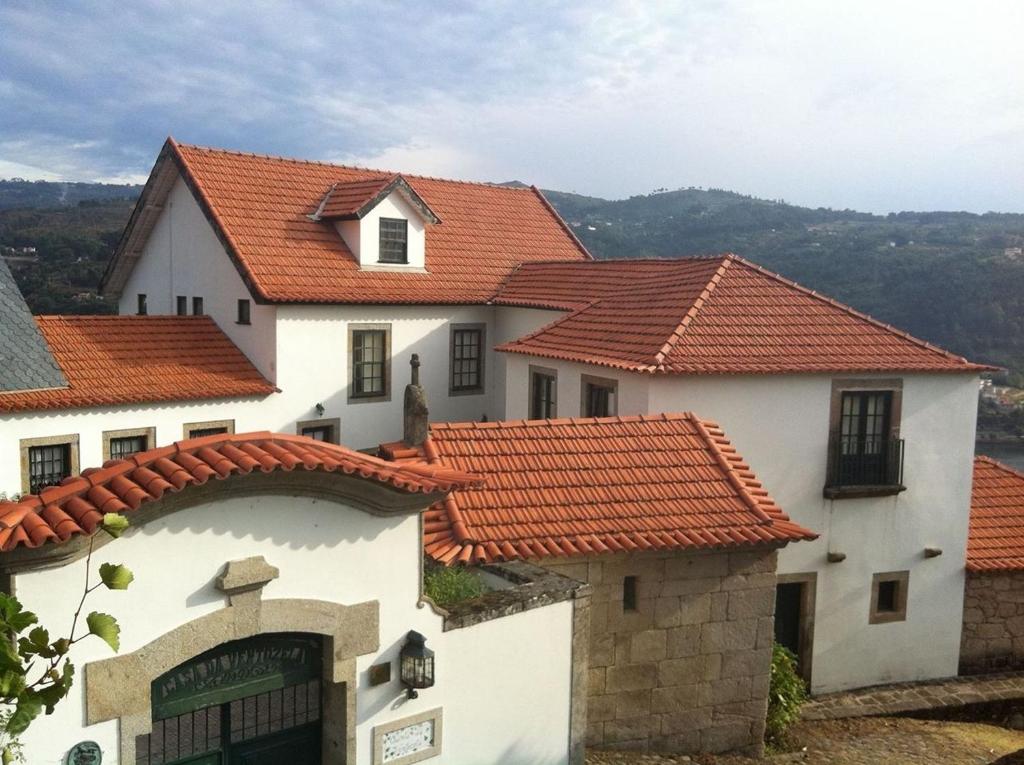 Investing in overseas commercial property provides excellent opportunities for asset diversification, stable income and capital protection. Portugal is one of the most attractive markets for commercial investors due to its robust economy, tax incentives and strong infrastructure development.
Investing in overseas commercial property provides excellent opportunities for asset diversification, stable income and capital protection. Portugal is one of the most attractive markets for commercial investors due to its robust economy, tax incentives and strong infrastructure development.

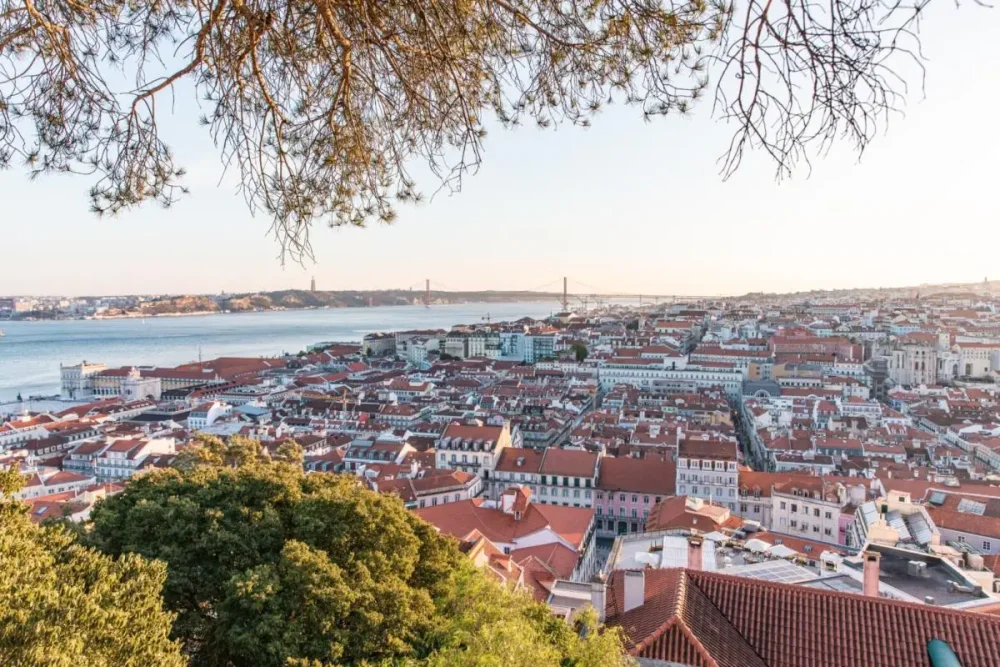

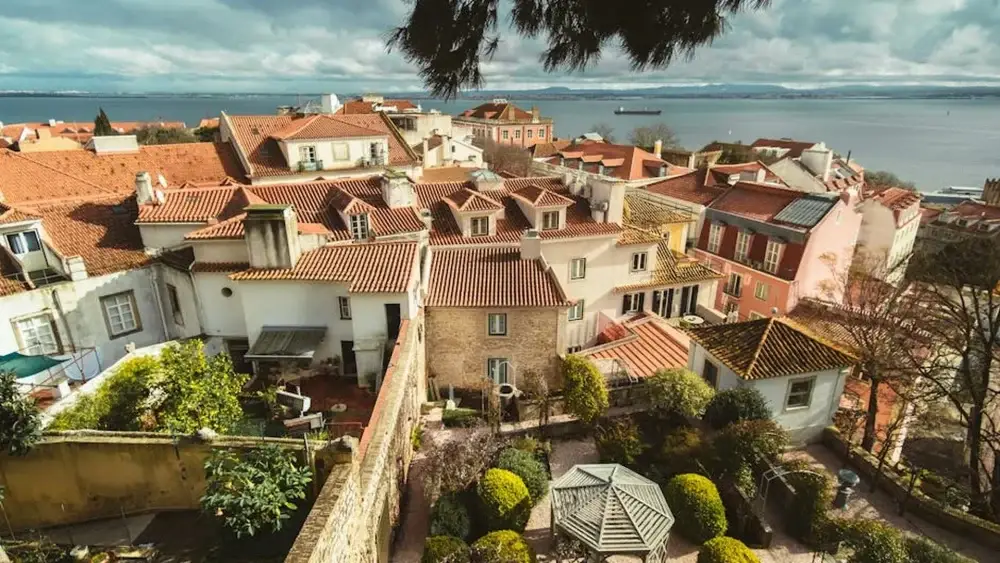
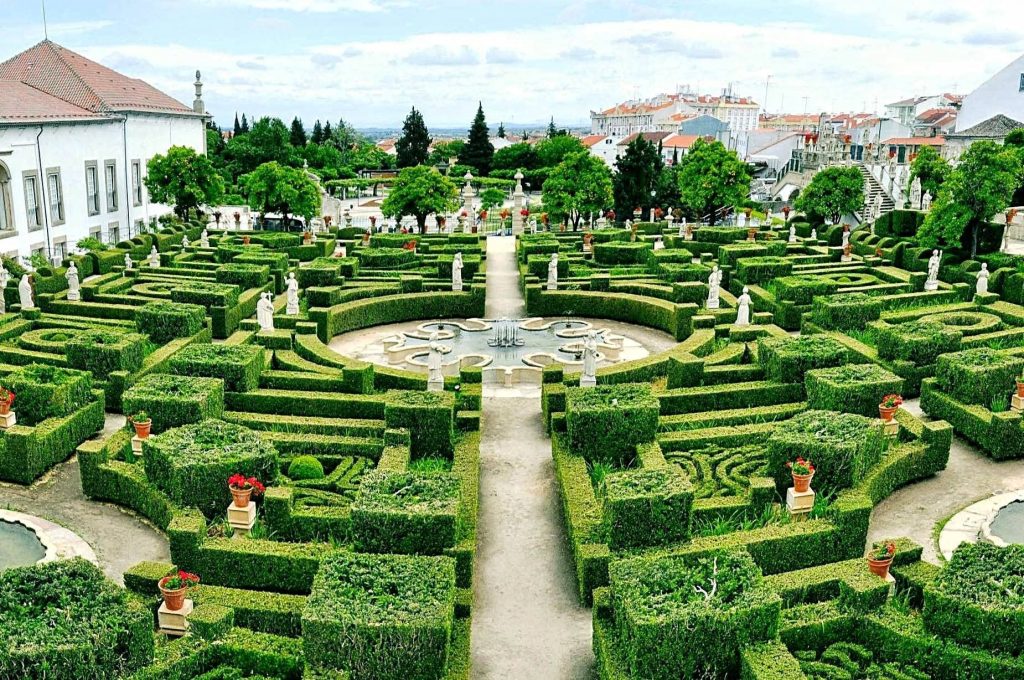 Castelo Branco is one of Portugal’s cheap cities to live in, with a well-developed education system and green areas. Property prices start from 45,000 euros for one-bedroom flats. The region provides comfortable living for families, professionals and remote workers. Castelo Branco maintains some of the lowest rents, utilities and housing taxes. A local university and government support programmes make it a sustainable location for budget investment.
Castelo Branco is one of Portugal’s cheap cities to live in, with a well-developed education system and green areas. Property prices start from 45,000 euros for one-bedroom flats. The region provides comfortable living for families, professionals and remote workers. Castelo Branco maintains some of the lowest rents, utilities and housing taxes. A local university and government support programmes make it a sustainable location for budget investment.

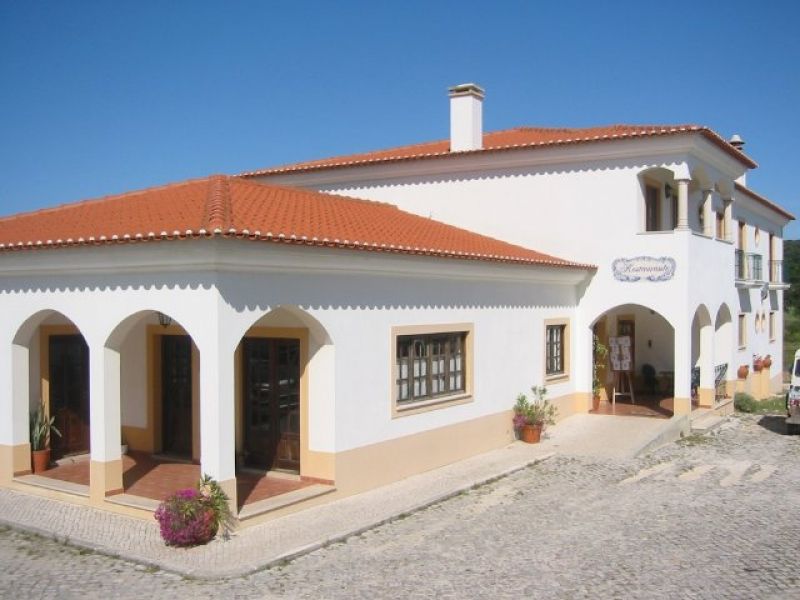 Purchasing property outside of tourist cities allows you to avoid overheated prices and get maximum quality for minimum money. Each of these regions opens its own growth trajectory, creates local demand and strengthens the owner’s position. By focusing on these locations, you are investing not only in property, but also in the potential of a developing Portugal.
Purchasing property outside of tourist cities allows you to avoid overheated prices and get maximum quality for minimum money. Each of these regions opens its own growth trajectory, creates local demand and strengthens the owner’s position. By focusing on these locations, you are investing not only in property, but also in the potential of a developing Portugal.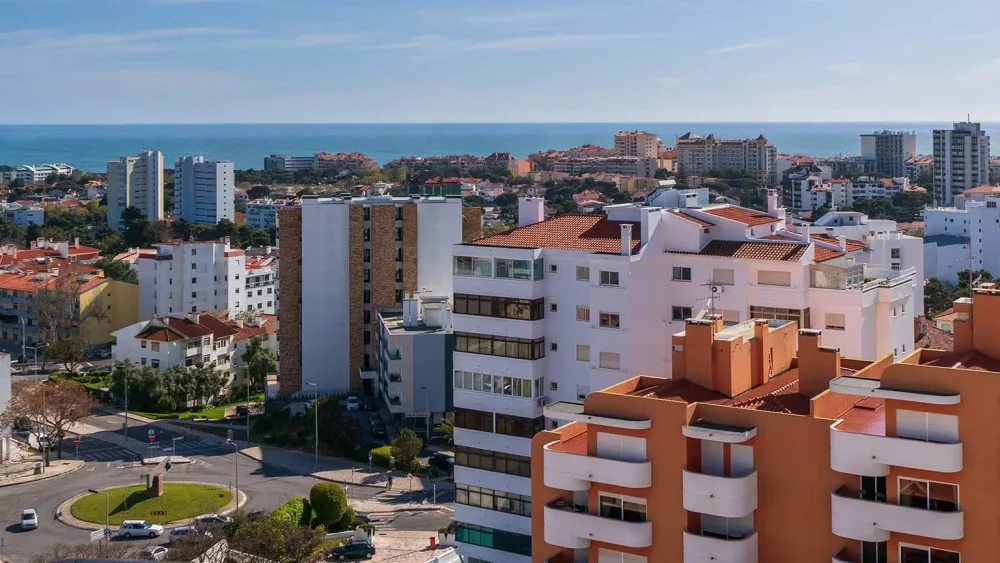
 There are several mandatory steps in the process. Each step requires precision, adherence to deadlines, and coordination with a financial advisor or attorney.
There are several mandatory steps in the process. Each step requires precision, adherence to deadlines, and coordination with a financial advisor or attorney. Mortgages in Portugal for foreigners have long ceased to be a rarity. It is a working, clear and favourable tool for buying a home, building capital and moving to a country with a high standard of living. The terms and conditions of banks are loyal, the procedure is clear, and taxes are predictable. With a competent approach, a foreign investor not only gets the keys to a house in Europe, but also builds a new financial and legal base within the EU.
Mortgages in Portugal for foreigners have long ceased to be a rarity. It is a working, clear and favourable tool for buying a home, building capital and moving to a country with a high standard of living. The terms and conditions of banks are loyal, the procedure is clear, and taxes are predictable. With a competent approach, a foreign investor not only gets the keys to a house in Europe, but also builds a new financial and legal base within the EU.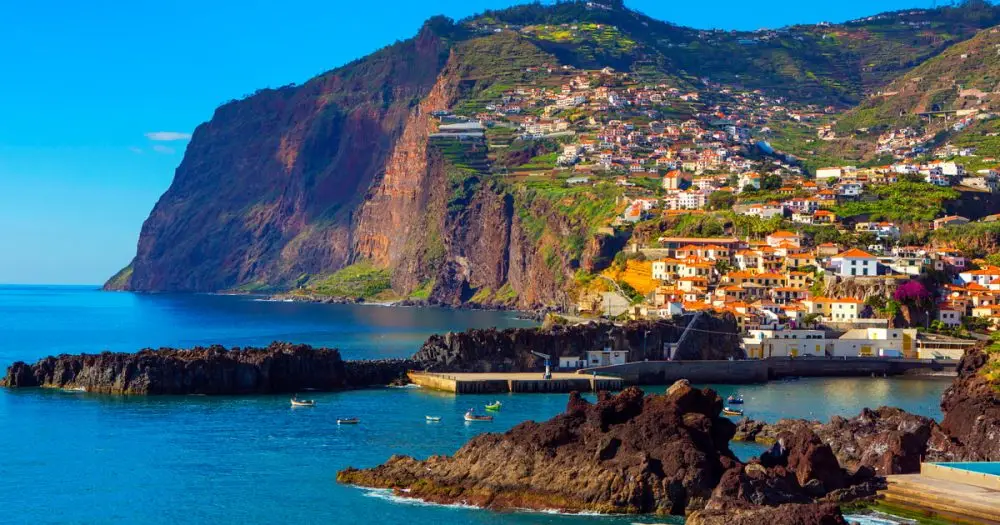
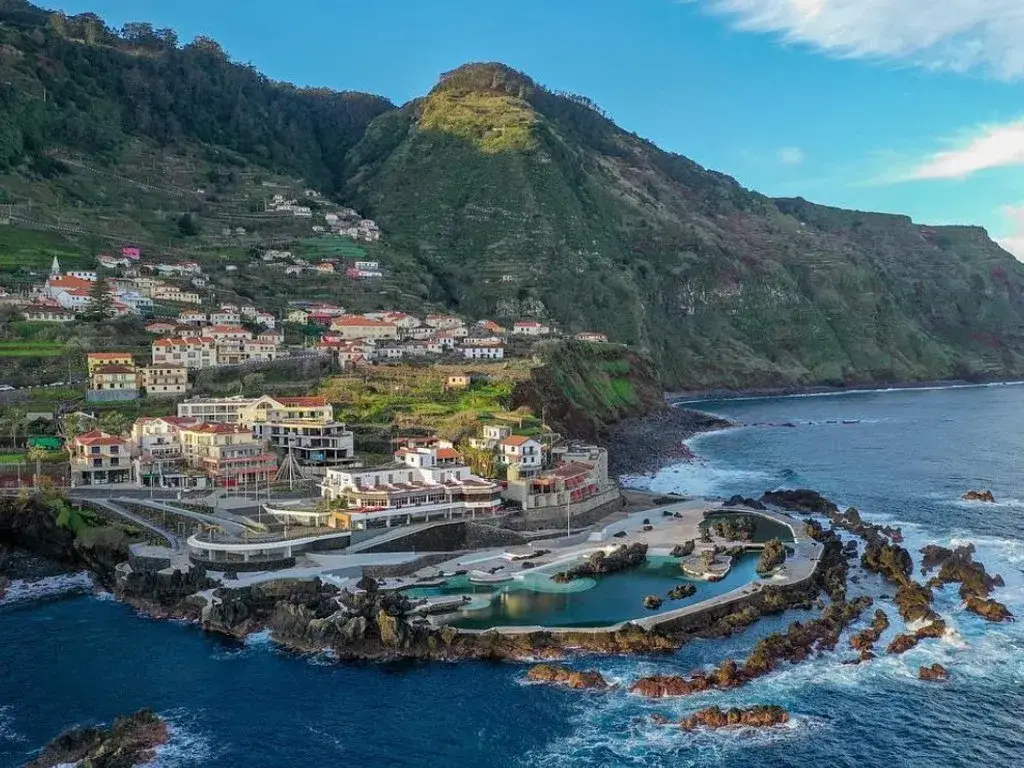 In recent years, moving to Madeira has become popular with people seeking a quality of life and favourable working conditions. The island is a great option for those who want to live in Europe without facing the high cost of living in cities such as Lisbon or Barcelona. Moving to Madeira in 2025 will be relevant not only for investors, but also for people who want a fresh start.
In recent years, moving to Madeira has become popular with people seeking a quality of life and favourable working conditions. The island is a great option for those who want to live in Europe without facing the high cost of living in cities such as Lisbon or Barcelona. Moving to Madeira in 2025 will be relevant not only for investors, but also for people who want a fresh start.
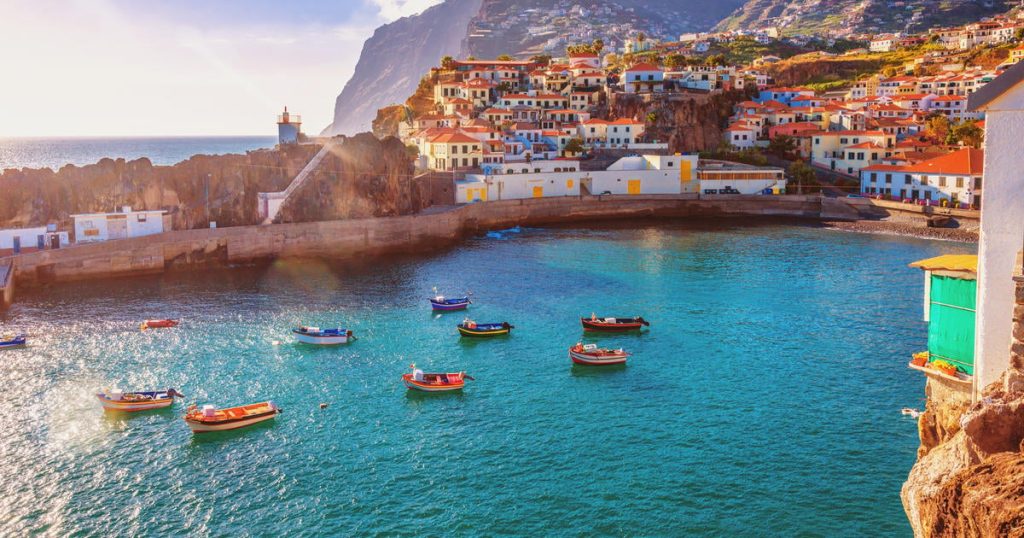 Madeira represents an excellent choice for those who want to enjoy the perks of comfortable living, warm climate, convenient infrastructure and favourable tax incentives. Moving to the island will be a favourable decision for digital nomads, investors and those who want to travel to the most picturesque corner of Europe. There are plenty of opportunities for personal and professional growth in an atmosphere of nature, sunshine and tranquillity.
Madeira represents an excellent choice for those who want to enjoy the perks of comfortable living, warm climate, convenient infrastructure and favourable tax incentives. Moving to the island will be a favourable decision for digital nomads, investors and those who want to travel to the most picturesque corner of Europe. There are plenty of opportunities for personal and professional growth in an atmosphere of nature, sunshine and tranquillity.
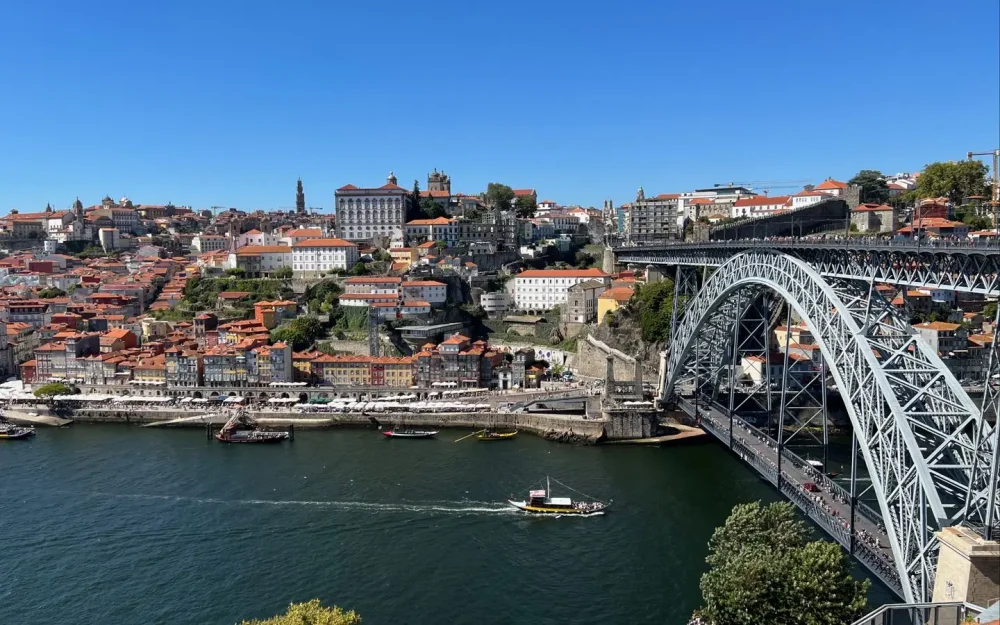
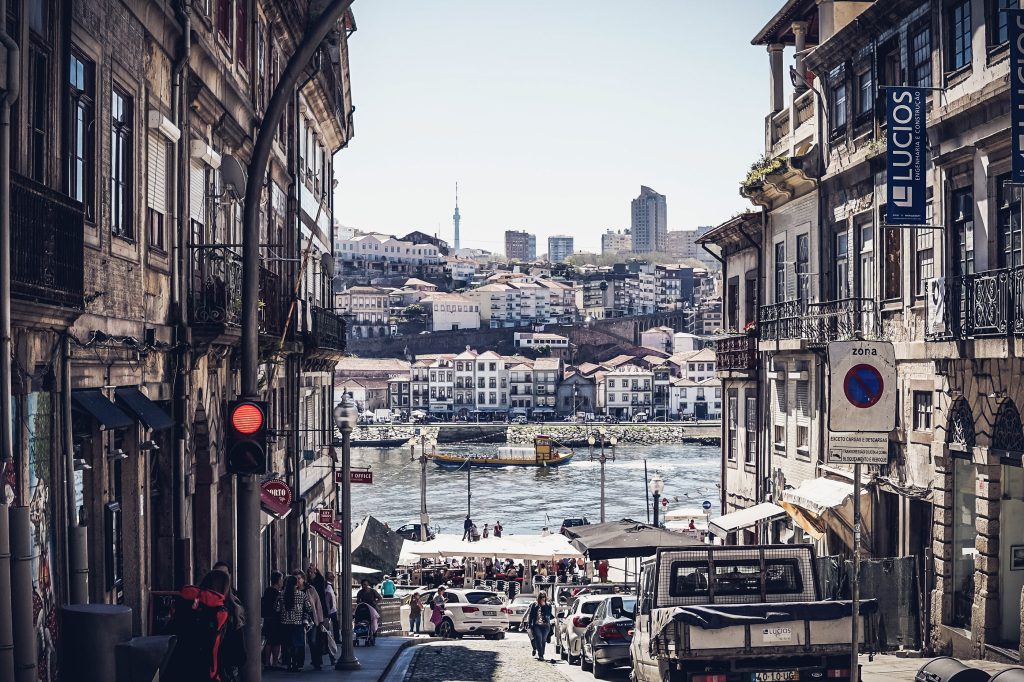 Porto ranks second among the best cities in Portugal due to its high quality of life, affordable prices and developed infrastructure. The city is known for its cultural heritage, wine industry and strong tourism sector. The average salary here is lower than in Lisbon, but the standard of living compensates for this disadvantage. The city remains a centre for freelancers, small business owners and professionals in tourism and commerce.
Porto ranks second among the best cities in Portugal due to its high quality of life, affordable prices and developed infrastructure. The city is known for its cultural heritage, wine industry and strong tourism sector. The average salary here is lower than in Lisbon, but the standard of living compensates for this disadvantage. The city remains a centre for freelancers, small business owners and professionals in tourism and commerce.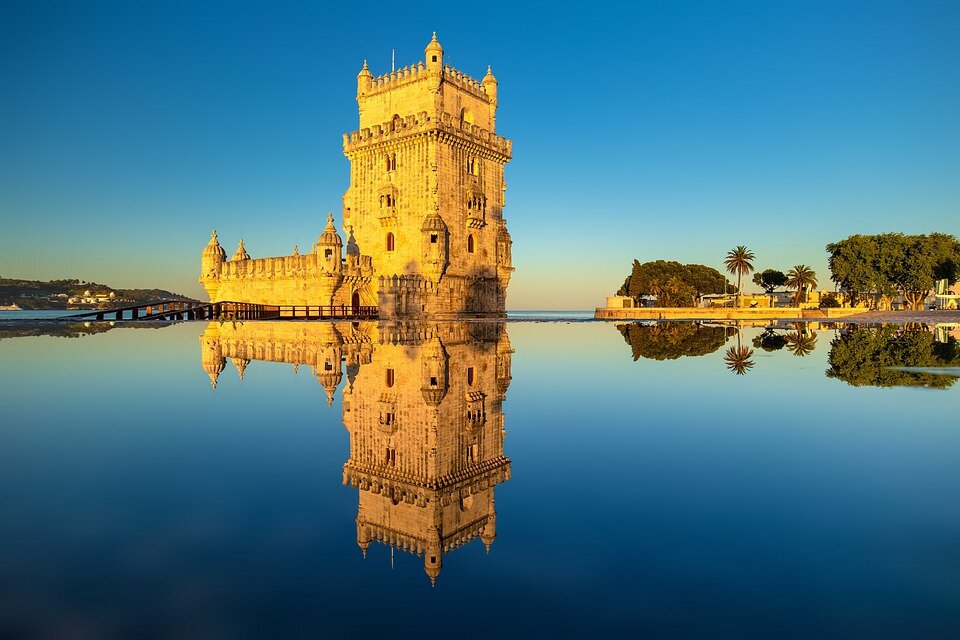 Choosing the best city in Portugal to live in depends on your priorities. For career and work, Lisbon is the place to be. For family life – Braga, for students and academics – Coimbra, and for those looking for a balance of comfort and affordability, Porto and Aveiro are ideal. Immigration to the country offers prospects for work, business and comfortable living.
Choosing the best city in Portugal to live in depends on your priorities. For career and work, Lisbon is the place to be. For family life – Braga, for students and academics – Coimbra, and for those looking for a balance of comfort and affordability, Porto and Aveiro are ideal. Immigration to the country offers prospects for work, business and comfortable living.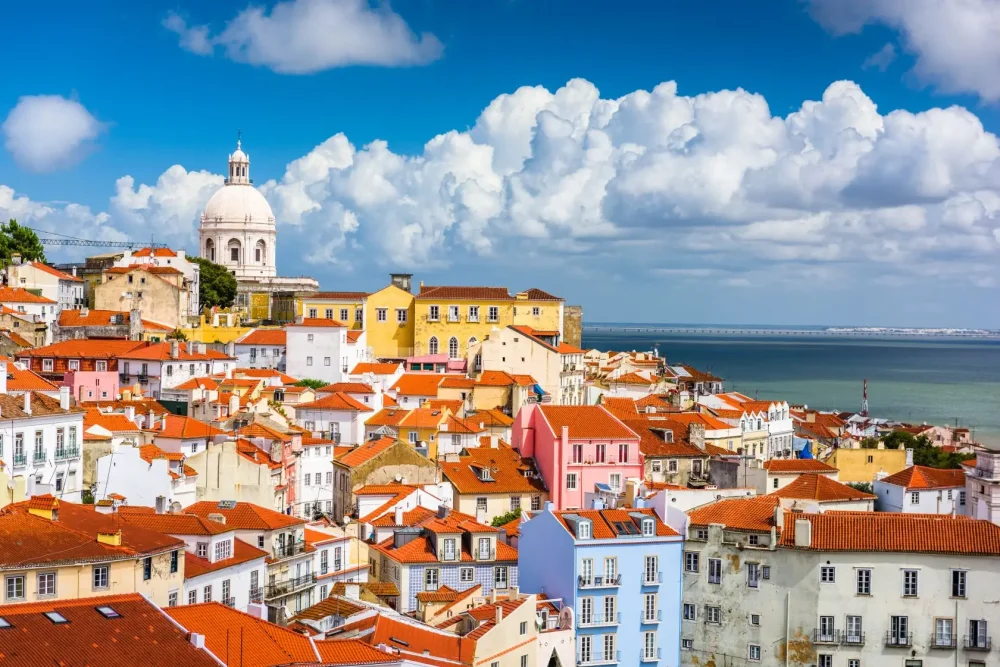
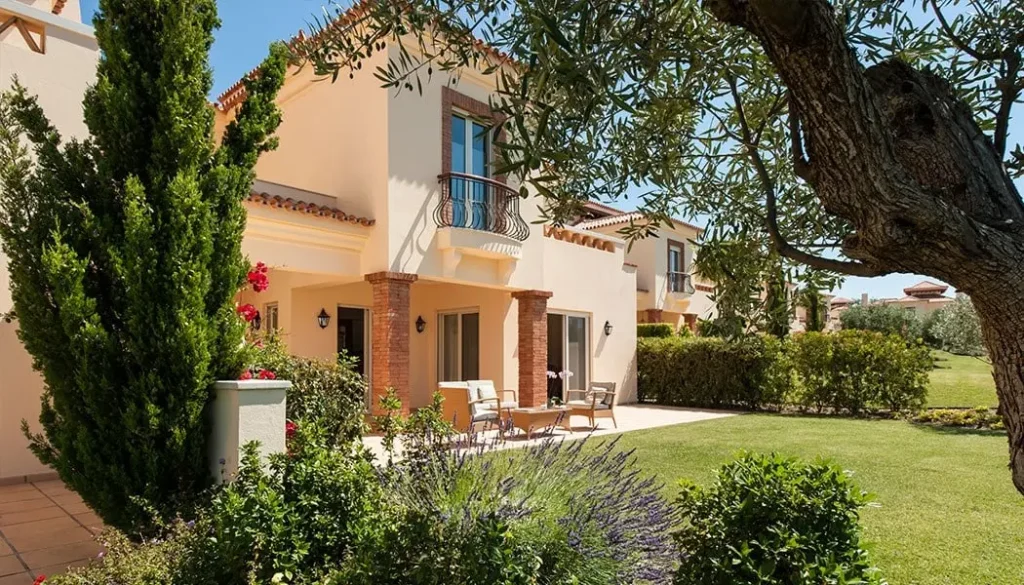 For an objective assessment, you should consider the main cost items: rent, food and transport. These categories define everyday spending and help to understand how affordable a country is.
For an objective assessment, you should consider the main cost items: rent, food and transport. These categories define everyday spending and help to understand how affordable a country is.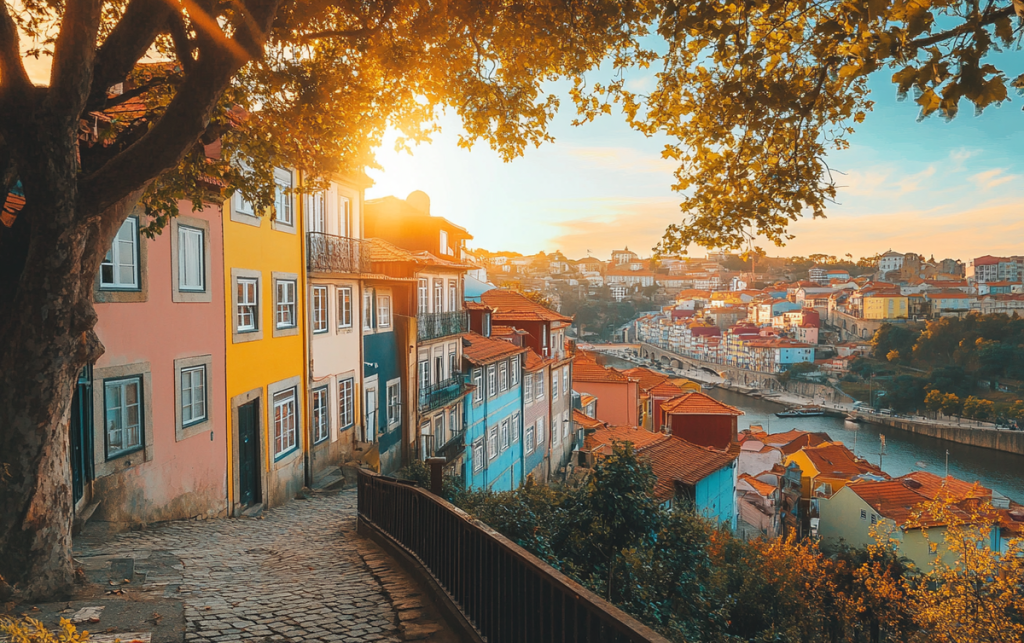 Portugal’s moderate cost of living makes it an attractive place to move to, especially for those who appreciate culture, mild climate and convenience. Lisbon and Porto are suitable for professionals, while the Algarve is for those seeking tranquillity. Relocating will require careful cost planning, but the results justify the means.
Portugal’s moderate cost of living makes it an attractive place to move to, especially for those who appreciate culture, mild climate and convenience. Lisbon and Porto are suitable for professionals, while the Algarve is for those seeking tranquillity. Relocating will require careful cost planning, but the results justify the means.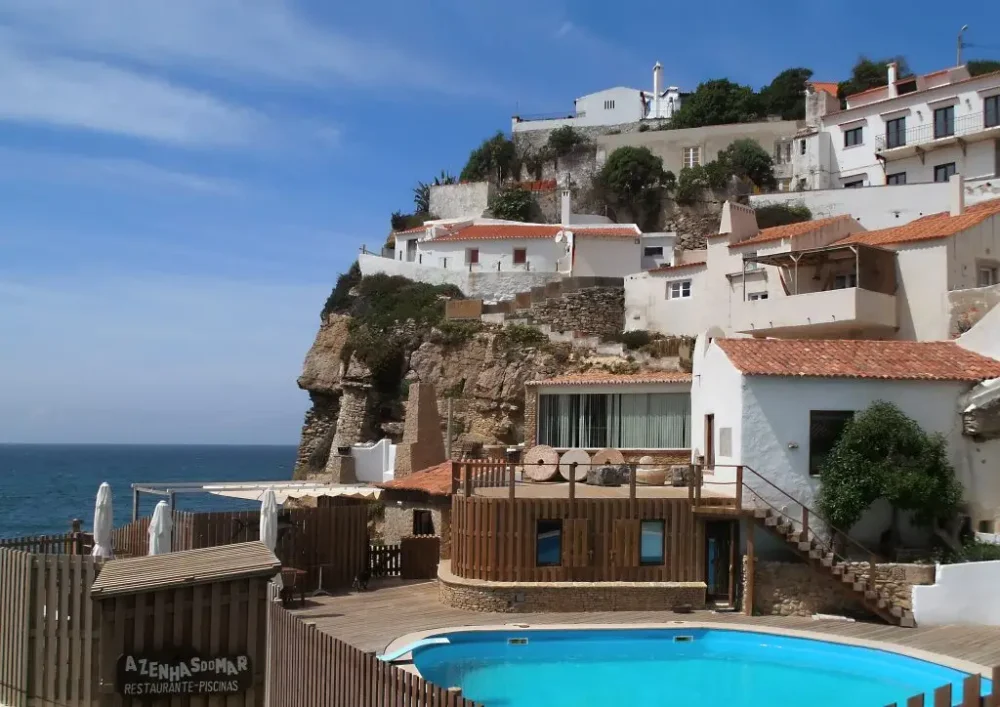
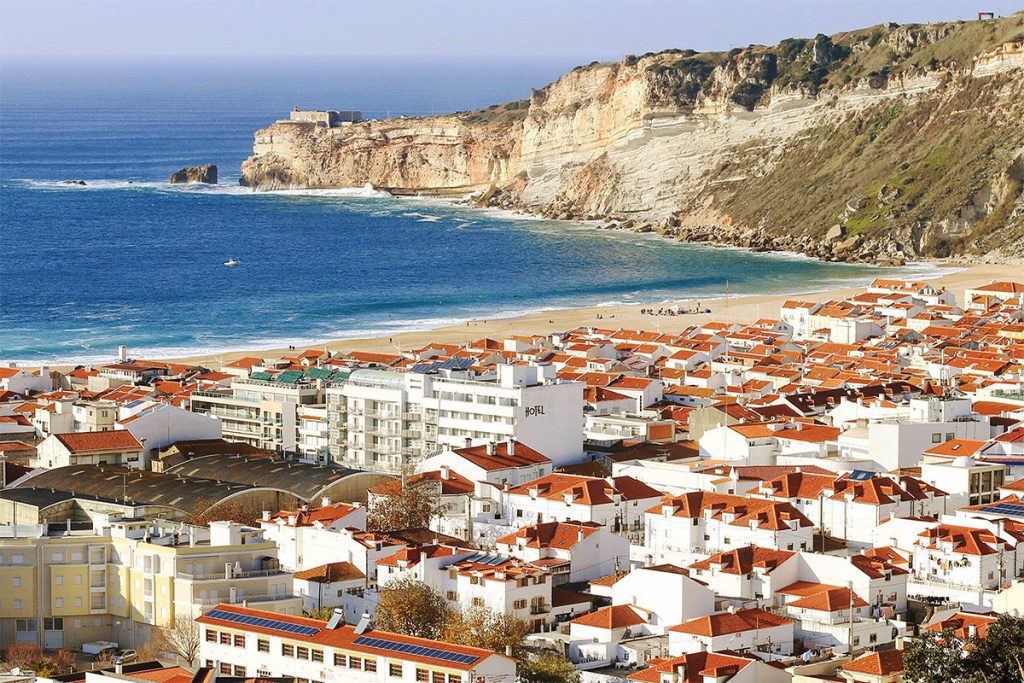 There are significant costs involved in formalising a property title. The first mandatory fee in Portugal is the IMT property transfer tax, which varies from 0% to 8% depending on the price of the property and its type. For example, when buying a property worth up to 92,407 euros, the fee is not charged, while for luxury apartments – over 1 million euros – the rate will be 7.5%.
There are significant costs involved in formalising a property title. The first mandatory fee in Portugal is the IMT property transfer tax, which varies from 0% to 8% depending on the price of the property and its type. For example, when buying a property worth up to 92,407 euros, the fee is not charged, while for luxury apartments – over 1 million euros – the rate will be 7.5%.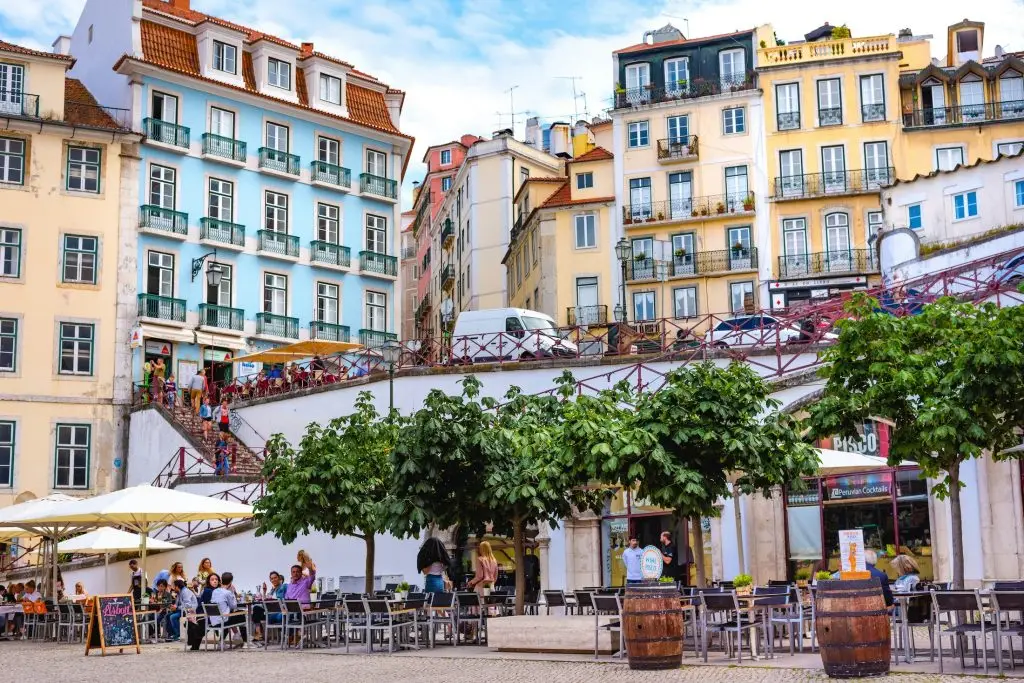 Foreign investors planning to buy property should take into account the peculiarities of taxes in Portugal. Commissions for non-residents in the country are higher than for residents, but competent use of preferential regimes allows to minimise costs. Optimisation of tax liabilities requires a professional approach and planning, so it is recommended to consult with lawyers and qualified specialists before buying.
Foreign investors planning to buy property should take into account the peculiarities of taxes in Portugal. Commissions for non-residents in the country are higher than for residents, but competent use of preferential regimes allows to minimise costs. Optimisation of tax liabilities requires a professional approach and planning, so it is recommended to consult with lawyers and qualified specialists before buying.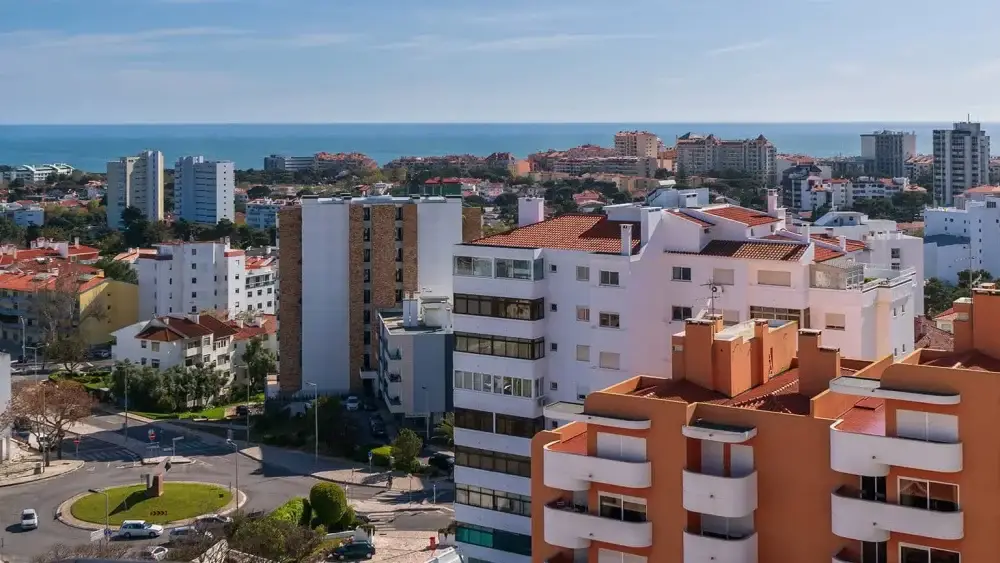
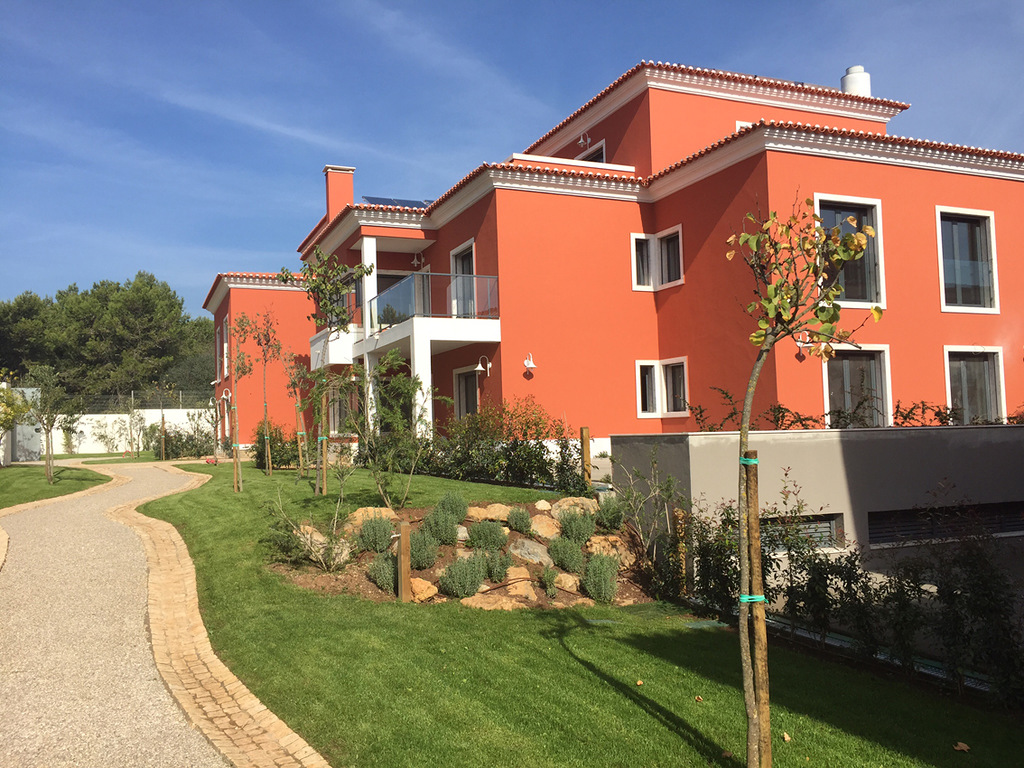 Investing in housing allows you not only to obtain a residence permit, but also to earn money from renting out the premises or reselling them.
Investing in housing allows you not only to obtain a residence permit, but also to earn money from renting out the premises or reselling them.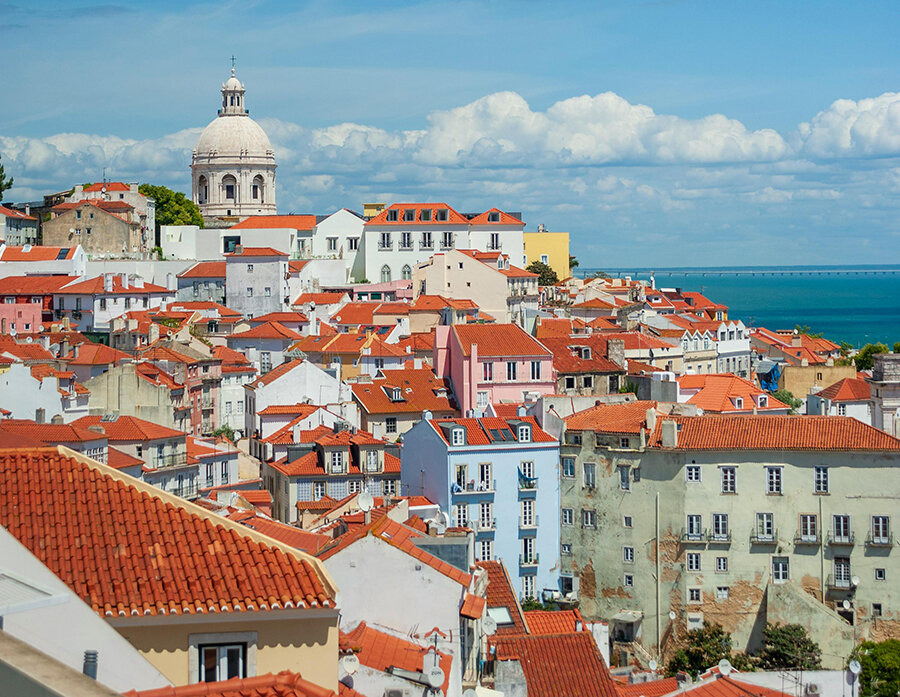 To move to Portugal for permanent residence is a step towards stability, comfort and new opportunities. Participation in the Golden Visa programme simplifies the process of obtaining a residence permit, providing freedom of movement and favourable tax conditions. For a successful move it is important to take into account all the nuances: from the choice of property to the preparation of documents. The country attracts investors not only with favourable programmes, but also with its high quality of life, mild climate and hospitable culture.
To move to Portugal for permanent residence is a step towards stability, comfort and new opportunities. Participation in the Golden Visa programme simplifies the process of obtaining a residence permit, providing freedom of movement and favourable tax conditions. For a successful move it is important to take into account all the nuances: from the choice of property to the preparation of documents. The country attracts investors not only with favourable programmes, but also with its high quality of life, mild climate and hospitable culture.
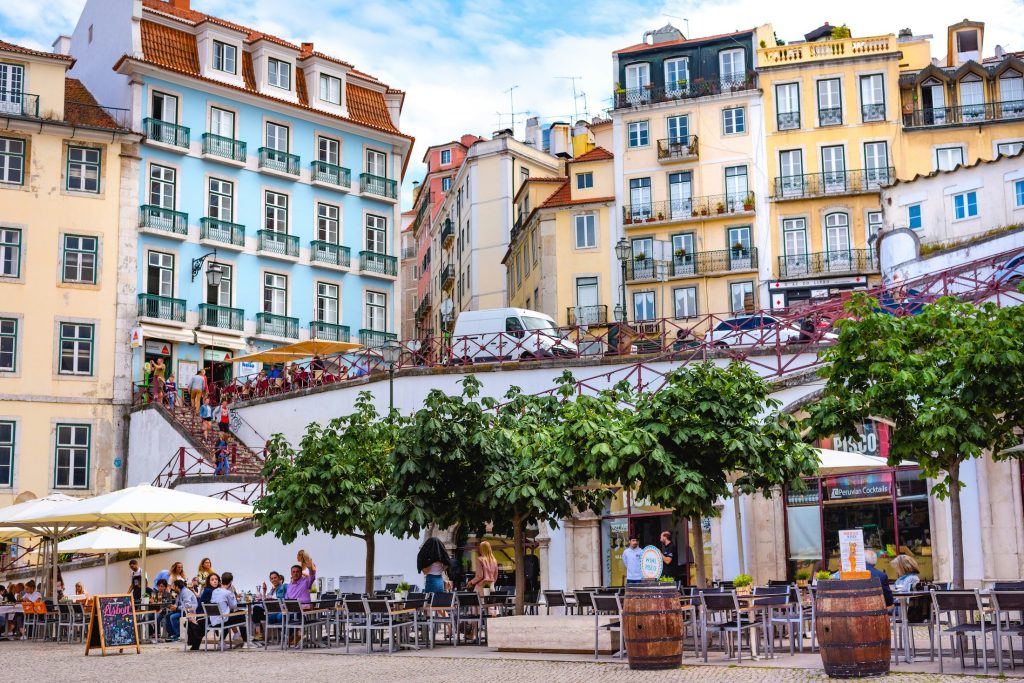 Property in Lisbon attracts Russian buyers due to the variety of offers. In the city you can find both old flats with high ceilings in the districts of Bairro Alto and Alfama, and modern flats in the Park of Nations. The cost per square metre in the central areas ranges from 4000 to 7000 euros, and in the suburbs you can find housing at prices from 2500 euros per square metre.
Property in Lisbon attracts Russian buyers due to the variety of offers. In the city you can find both old flats with high ceilings in the districts of Bairro Alto and Alfama, and modern flats in the Park of Nations. The cost per square metre in the central areas ranges from 4000 to 7000 euros, and in the suburbs you can find housing at prices from 2500 euros per square metre.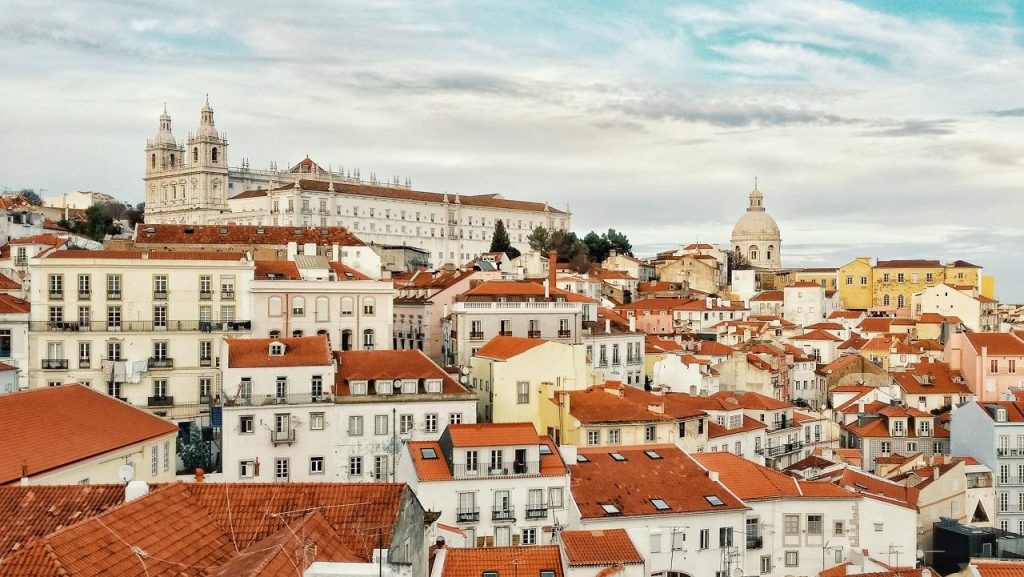 Life in Lisbon for Russians combines comfort, warm climate and European standard of living. The city offers opportunities for business, investment and quiet living. Moving requires careful preparation, but the advantages – a mild climate, affordable housing and developed infrastructure – make Lisbon an attractive choice for many Russians.
Life in Lisbon for Russians combines comfort, warm climate and European standard of living. The city offers opportunities for business, investment and quiet living. Moving requires careful preparation, but the advantages – a mild climate, affordable housing and developed infrastructure – make Lisbon an attractive choice for many Russians.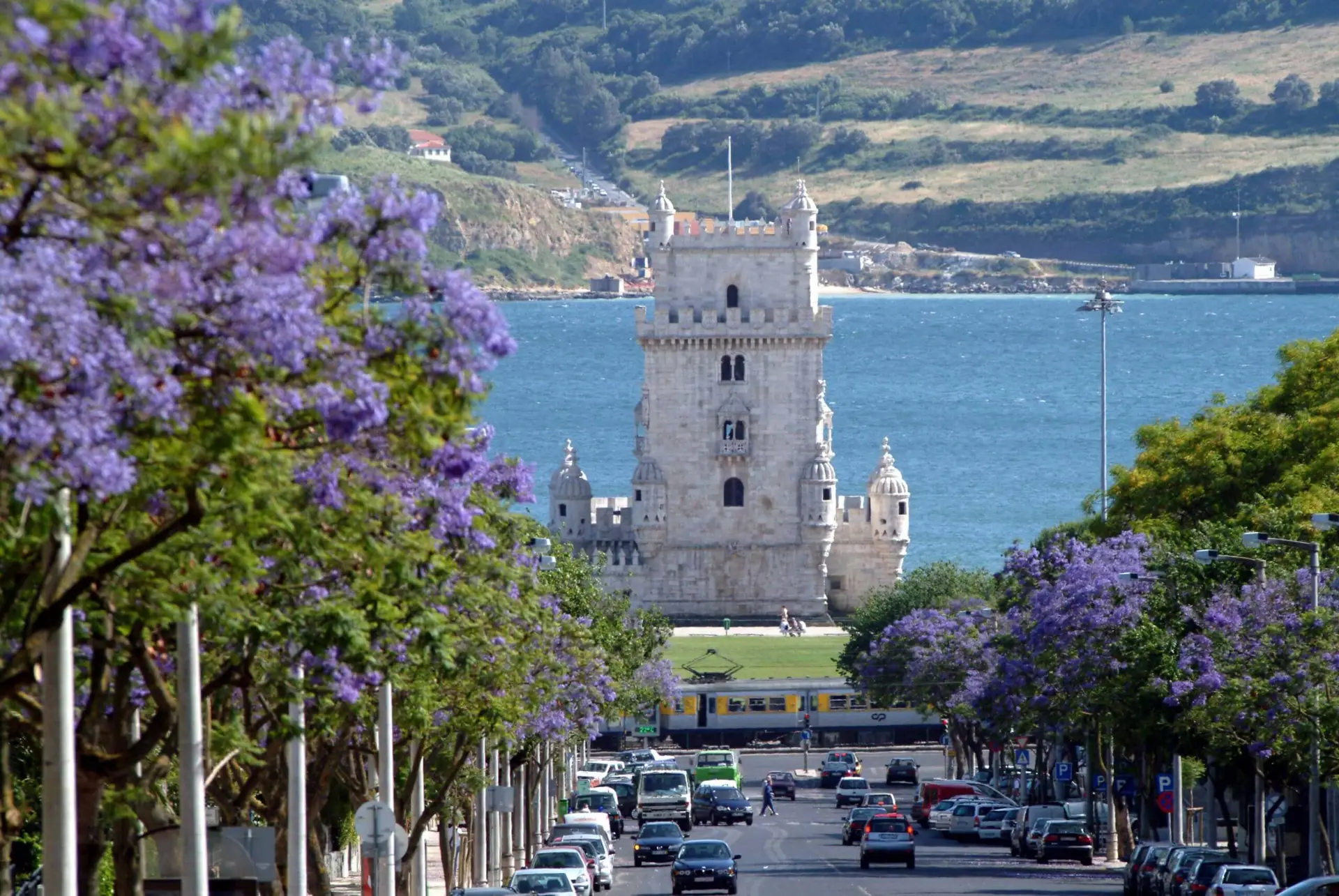

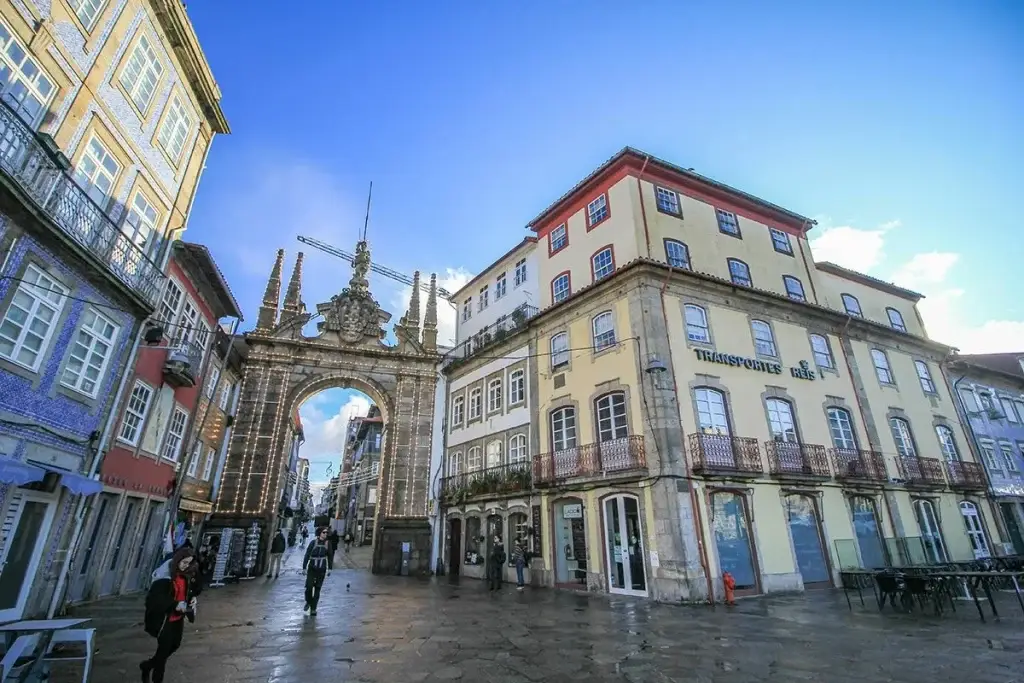 Government support, affordable healthcare and low cost of living make the country attractive to emigrants.
Government support, affordable healthcare and low cost of living make the country attractive to emigrants.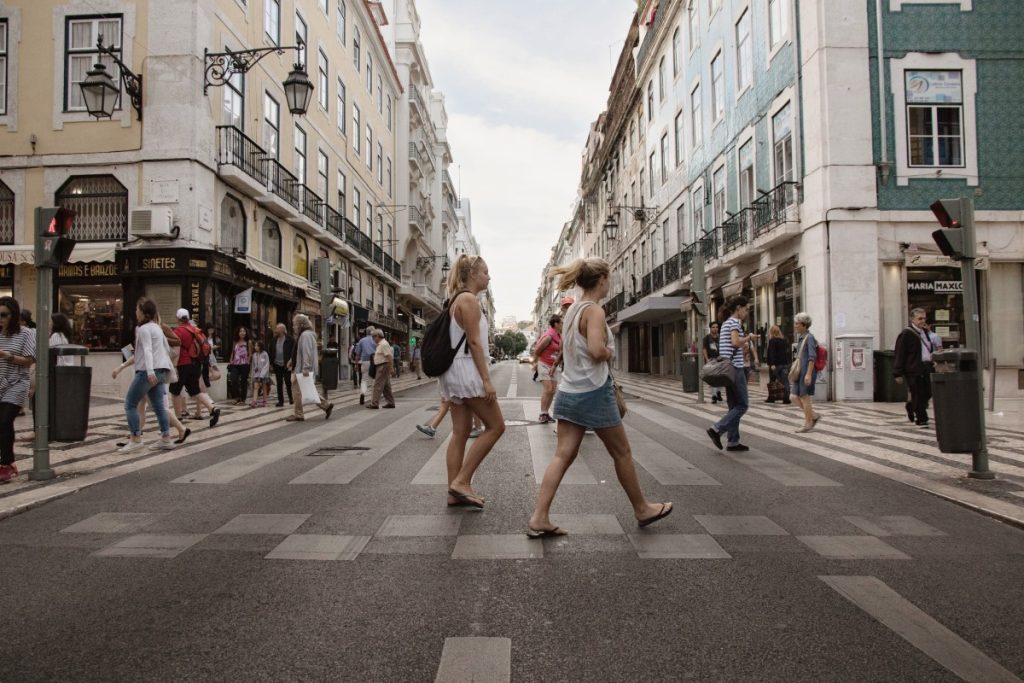 The pros of living in Portugal create a picture of comfortable, affordable and fulfilling everyday life. The country is suitable for different categories of emigrants: from young professionals to retirees. With careful preparation, moving to Portugal can be the beginning of a new, amazing chapter of life under the southern sun.
The pros of living in Portugal create a picture of comfortable, affordable and fulfilling everyday life. The country is suitable for different categories of emigrants: from young professionals to retirees. With careful preparation, moving to Portugal can be the beginning of a new, amazing chapter of life under the southern sun.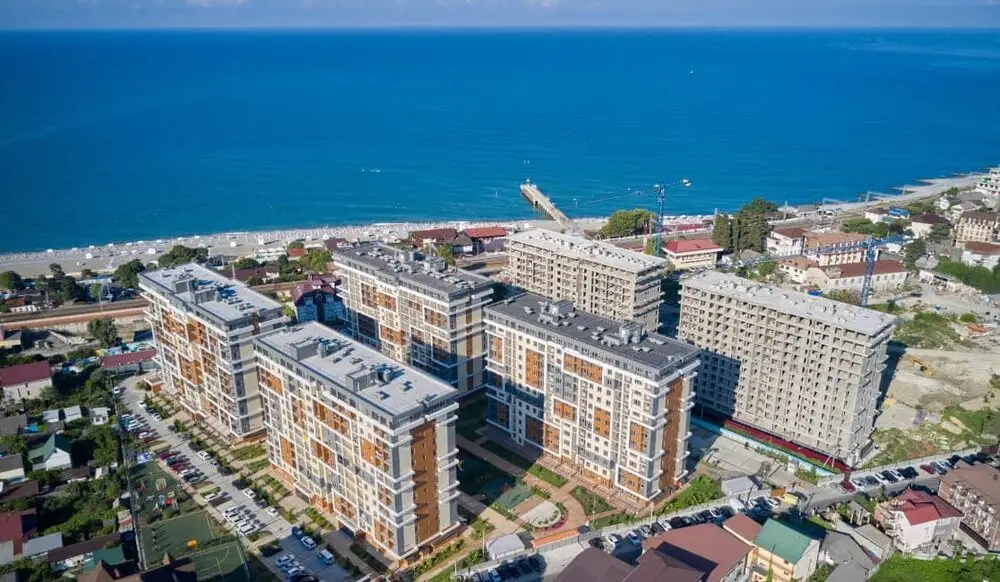
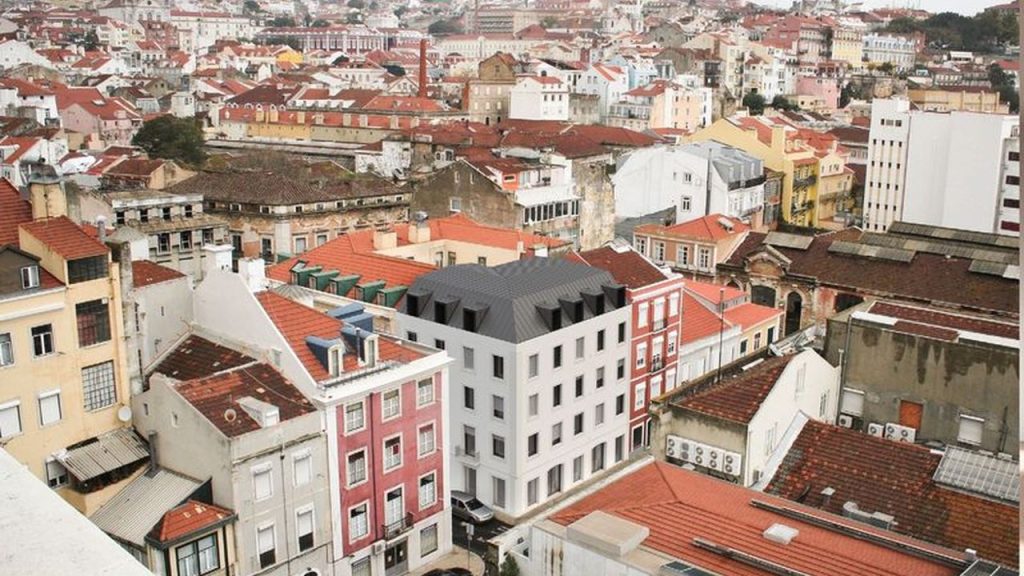 The first step in buying a property in Portugal is to determine your goals and budget. Decide whether you need the property for permanent residence, seasonal holidays or rental income. For example, flats in Lisbon cost from 3 500 euros per square metre, while in the Algarve – from 2 500 euros per square metre. These prices allow everyone to choose the right option. The best places to rent are in popular tourist areas, such as Lisbon and the Algarve, where renting can bring an income of up to 10-12% per year.
The first step in buying a property in Portugal is to determine your goals and budget. Decide whether you need the property for permanent residence, seasonal holidays or rental income. For example, flats in Lisbon cost from 3 500 euros per square metre, while in the Algarve – from 2 500 euros per square metre. These prices allow everyone to choose the right option. The best places to rent are in popular tourist areas, such as Lisbon and the Algarve, where renting can bring an income of up to 10-12% per year.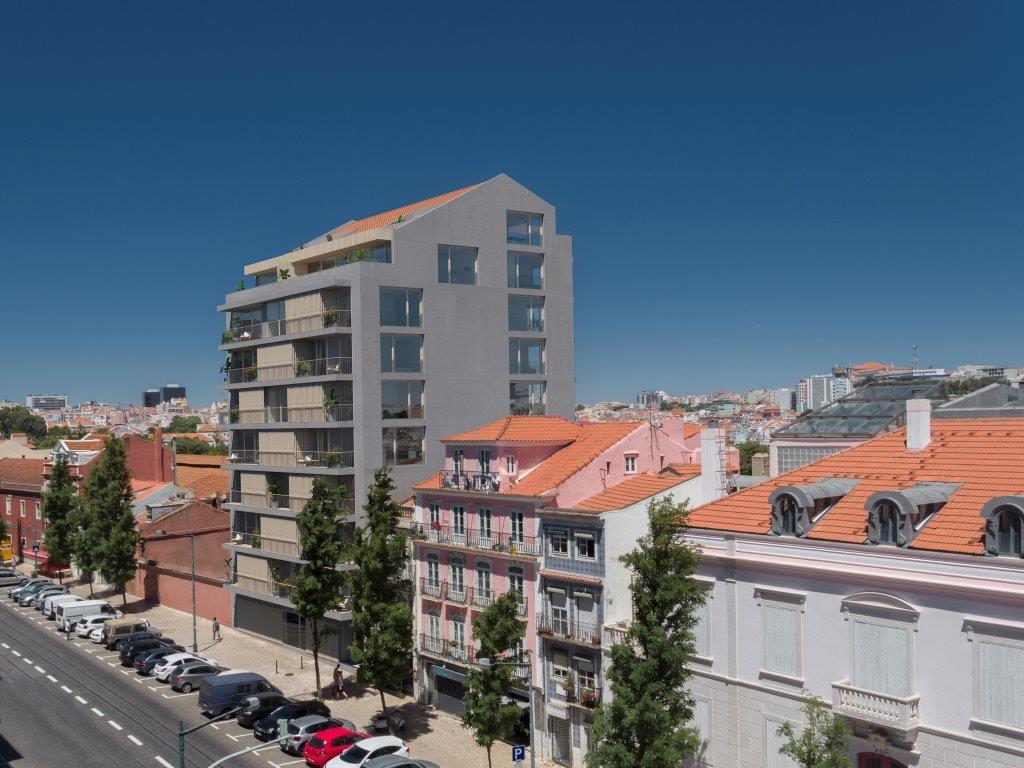 Buying a flat in Portugal means choosing a country where quality of life, comfort and tradition are valued. Favourable conditions for foreign investors, affordable mortgage programmes, stable growth in property prices and a high level of security – all this makes Portugal an excellent choice for those looking for a second home or a reliable investment.
Buying a flat in Portugal means choosing a country where quality of life, comfort and tradition are valued. Favourable conditions for foreign investors, affordable mortgage programmes, stable growth in property prices and a high level of security – all this makes Portugal an excellent choice for those looking for a second home or a reliable investment.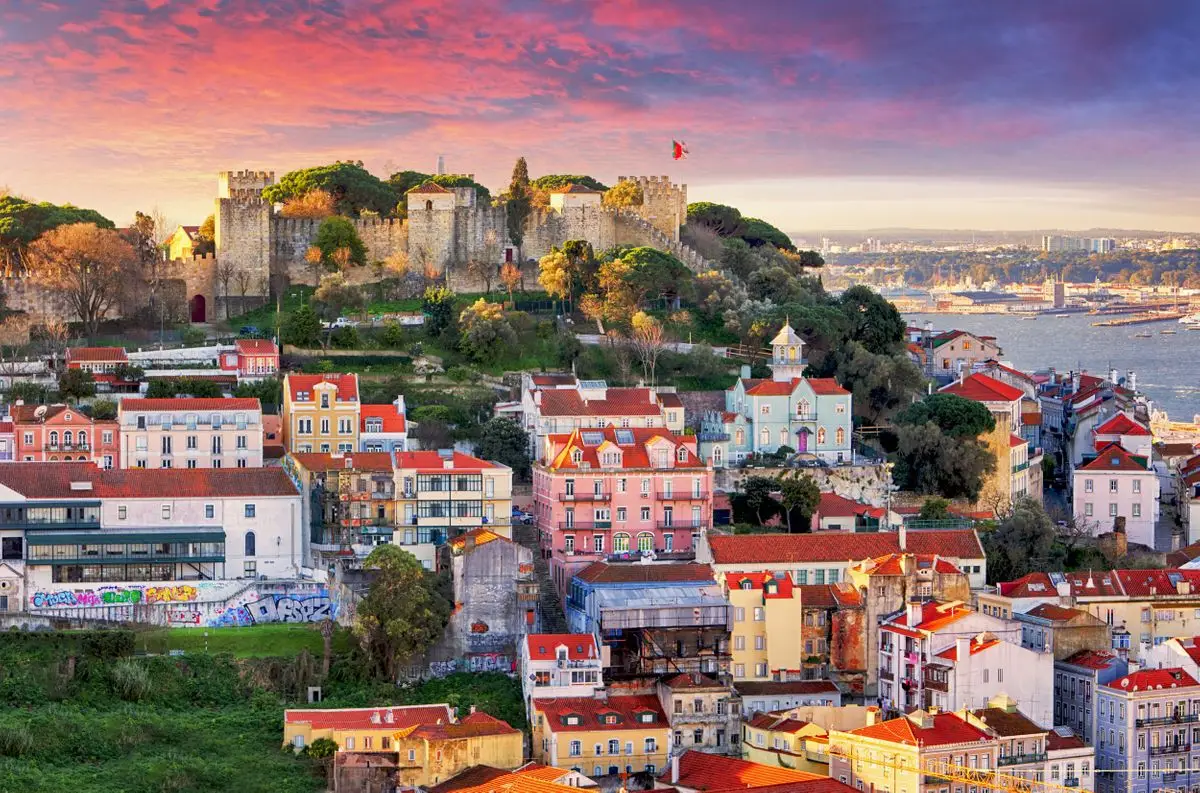
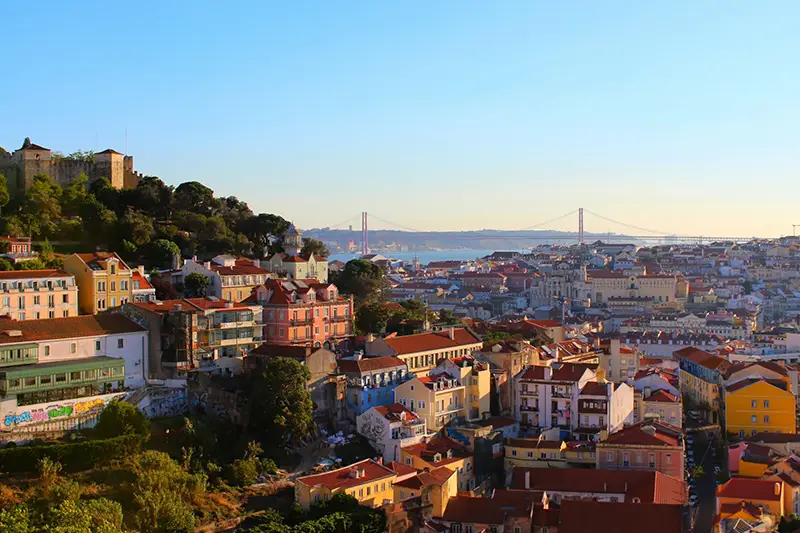 It is important to understand all the costs to be faced. In addition to the cost of the home, there is the property transfer tax (IMT), which ranges from 1 to 8%, depending on the price of the property. You also need to consider the annual tax (IMI), which ranges from 0.3 to 0.45% of the cadastral value of the property.
It is important to understand all the costs to be faced. In addition to the cost of the home, there is the property transfer tax (IMT), which ranges from 1 to 8%, depending on the price of the property. You also need to consider the annual tax (IMI), which ranges from 0.3 to 0.45% of the cadastral value of the property.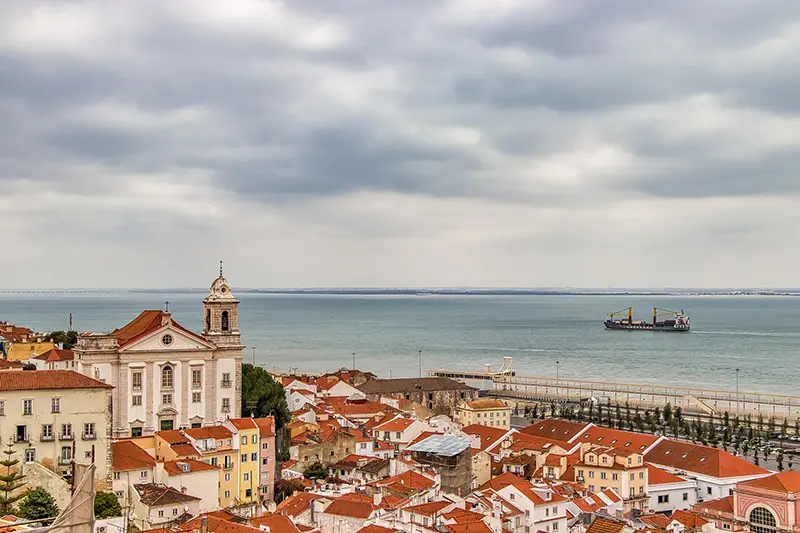 Property in Lisbon remains one of Europe’s most attractive investment destinations due to its unique combination of culture, climate and economic stability. Buying a home here is not just an investment in square metres, but an investment in a lifestyle where the sun shines almost all year round and the city opens its arms to all who want to be part of it.
Property in Lisbon remains one of Europe’s most attractive investment destinations due to its unique combination of culture, climate and economic stability. Buying a home here is not just an investment in square metres, but an investment in a lifestyle where the sun shines almost all year round and the city opens its arms to all who want to be part of it.